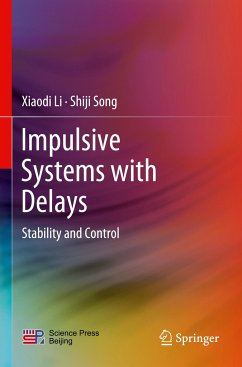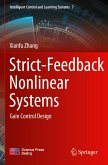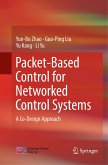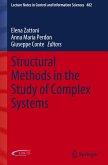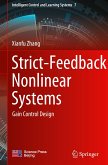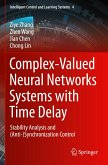This book systematically presents the most recent progress in stability and control of impulsive systems with delays. Impulsive systems have recently attracted continued high research interests because they provide a natural framework for mathematical modeling of many real-world processes. It focuses not only on impulsive delayed systems, but also impulsive systems with delayed impulses and impulsive systems with event-triggered mechanism, including their Lyapunov stability, finite-time stability and input-to-state stability synthesis. Special attention is paid to the bilateral effects of the delayed impulses, where comprehensive stability properties are discussed in the framework of time-dependent and state-dependent delays. New original work with event-triggered impulsive control and its applications in multi-agent systems and collective dynamics are also provided.
This book will be of use to specialists who are interested in the theory of impulsive differential equations and impulsive control theory, as well as high technology specialists who work in the fields of complex networks and applied mathematics. Also, instructors teaching graduate courses and graduate students will find this book a valuable source of nonlinear system theory.
This book will be of use to specialists who are interested in the theory of impulsive differential equations and impulsive control theory, as well as high technology specialists who work in the fields of complex networks and applied mathematics. Also, instructors teaching graduate courses and graduate students will find this book a valuable source of nonlinear system theory.
